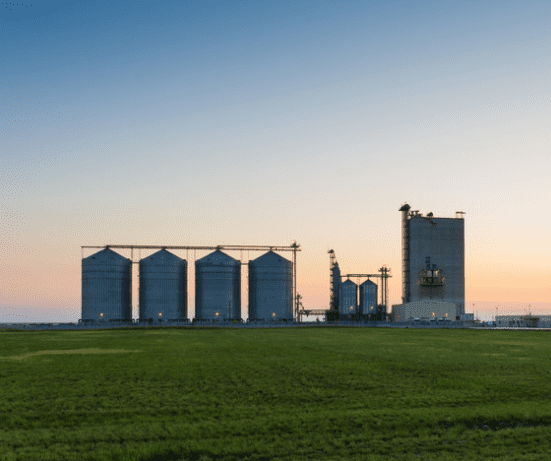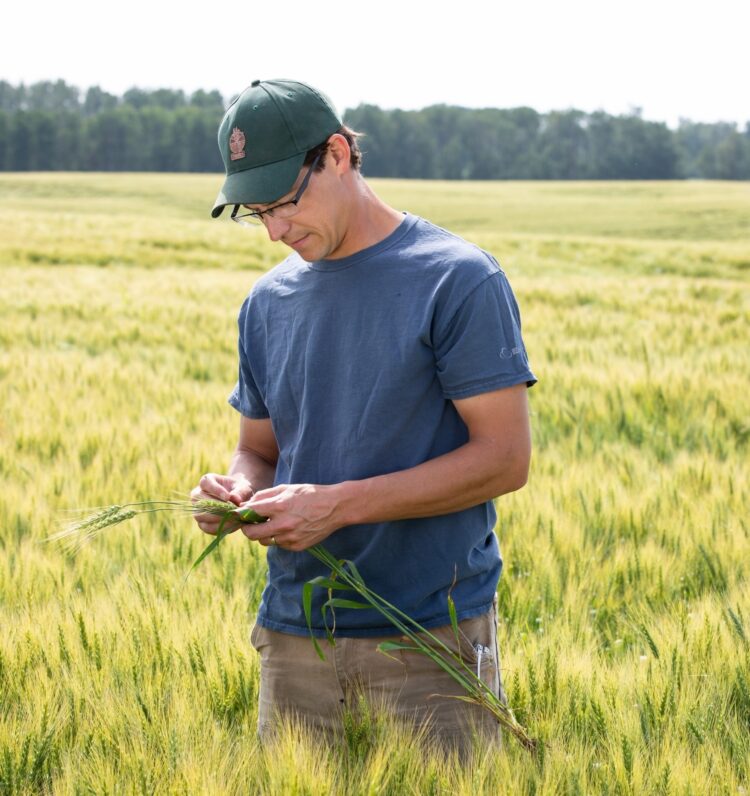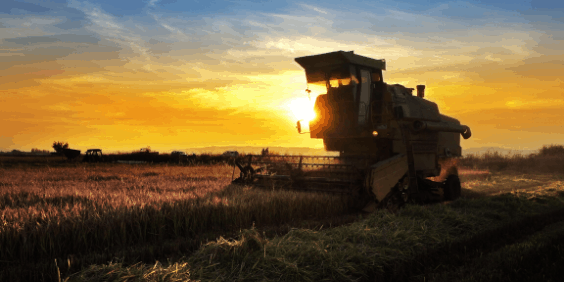Know Your Grain Contracts: Part 1 — Production vs Delivery

This blog is the first instalment of a three-part series looking at grain contracts.
Those in the agriculture industry are still dealing with the effects of a difficult year for crop production, as widespread drought devastated crops across the prairie provinces last year.
Statistics Canada reported that 99% of prairie agriculture lands experienced drought in 2021. This severe drought significantly impacted grain yields, as reflected in the following statistics:
|
Crop |
Decrease in crop yields from 2020 to 2021 | |
| Saskatchewan | Canada | |
| Wheat | -43.4% | -33.3% |
| Canola | -48.5% | -40.2% |
| Barley | – | -39.5% |
| Oats | – | -32.6%[1] |
Such a dramatic decrease in production has significantly increased grain commodity prices. This has been exacerbated by the Russia/Ukraine conflict. Both countries are large producers of wheat, which has caused fear and uncertainty in the grain market.
One of the many unfortunate side effects of poor production and fluctuating markets has been the corresponding increase in the risk of default under grain contracts.
In this blog, we’ll consider some of the differences between grain delivery contracts and grain production contracts, as well as the impact some of those differences may have if one of the parties is in default.
Delivery Contract vs Production Contract
The main difference between a delivery and production contract lies in what is bargained for in the contract and between the parties: “delivery” of a product vs “production” of a product. The contractual terms will dictate which type of contract one is dealing with.
Knowing which type of contract a person is entering into is an important part of understanding and managing the contractual risk.
Delivery Contract
A delivery contract is an agreement for the delivery of certain grain, normally in a prescribed amount and for a specified price. These contracts are not concerned about where the grain comes from. Instead, they are focused on the producer or vendor delivering the grain contracted for in accordance with the terms of the contract.
The terms of the contract will determine whether the contract is for delivery as opposed to production. Normally, a delivery contract will:
- Not specify who grows the grain;
- Not specify where, or the number of acres on which, the grain will grow; and
- Not include an Act of God/force majeure clause.
The only thing a producer/vendor needs to do to satisfy the obligation under a delivery contract is deliver the grain. In JGL Commodities Ltd. v Puddell Farms Ltd., the Court found that the parties had entered into a “deferred delivery contract.” The Court’s reasons are found at para. 16:
[16] The Contract did not reference any specific crop, field, land location, number of acres to be dedicated to the Contract, yield per acre, existing grain harvested in a prior season, or any other specific details that required Puddell Farms to provide durum to JGL from any specific growing crop, storage bin or any other specific source. Mr. Froehlich was aware Puddell Farms had a growing crop of durum that Puddell Farms planned to use to fulfil its obligations under the Contract but that plan did not matter to Mr. Froehlich because it was irrelevant to JGL where the durum came from. Puddell Farms could satisfy its obligations under the Contract by providing 816 metric tonnes of durum obtained from any source. The Contract was a deferred delivery contract not a production contract.[2]
Production Contract
A production contract is an agreement for a producer to grow, harvest and deliver a specific crop that he or she grew. Unlike with a delivery contract, a production contract concerns itself specifically with where the grain is produced. Production contracts generally do not permit the producer or vendor to obtain a replacement crop for the one originally contracted for.
The terms of the contract will determine whether the contract is for production as opposed to delivery. Normally, a production contract might include provisions that:
- State that it is a Production Contract;
- Confirm that the producer will grow the grain;
- Confirm the land on which the grain is produced;
- Specify the yield per acre;
- Not include a discount schedule;
- Allow for samples to be taken at harvest;
- Contain an Act of God or force majeure clause; and/or
- Have the buyer provide seed to the producer in a closed-loop arrangement
In Ps International Canada Corp v Palimar Farms Inc., the Court found that the parties had entered into a production contract. The Court’s reasons are found at paras. 51-52:
[51] … There are many features of the Palimar contract indicating and confirming that the lentils in question were to be produced by Palimar, not purchased by it from third parties: (a) the contract is styled as being a “production” contract, (b) the “Quantity” clause refers to a specific acreage and yield per acre, (c) the “Price” clause refers to “FOB Farm”, and (d) in the “Notes” section, there is reference to samples being taken “at harvest” and to a right of first refusal “from these acres”.
[52] In short, it is entirely clear that the contract contemplated the lentils in issue would be grown by Palimar.[3]
Allocation of Risk
The obligations on a producer under a production contract normally include producing a certain crop on specific lands. Due to the broader scope of obligations, the list of possible intervening events that are beyond the control of the parties is broad. One of the ways risk is managed in a contract is through an Act of God / force majeure clause. In a production contract, some of the obligations may be waived if the producer/vendor is unable to grow the specific crop if the crop has failed for a reason that is contemplated in the Act of God/force majeure provision.
Common examples of situations that would be considered Acts of God include severe flooding, hail, fire, drought, excessive heat, insect damage, plant disease or frost. Once triggered, the clause relieves the parties of the burden of performance. The contract is essentially discharged and the parties are released from any further obligations
Delivery contracts normally do not include an Act of God/force majeure clause because the obligation for the producer/vendor is to simply deliver grain. The unforeseeable and/or unavoidable risks that could prevent the physical delivery are very limited. If the producer/vendor decides to grow a crop to obtain the grain and fulfil their obligations under the contract, they take on the risk that an unforeseen event prevents them from having grain to deliver.
Courts have typically been reluctant to find that a delivery contract has been frustrated. There is a viable alternative to non-delivery of the grain; namely, obtaining a replacement crop of a similar grade and quantity.
Grain purchasers and vendors need to be aware of their respective obligations and risks in a contract. Communication is always key for both parties to ensure they understand what risks each of them takes on. If the contract is unclear, obtaining legal advice is always an option.
MLT Aikins LLP is Western Canada’s Law Firm, with offices in all of the key markets in the heart of Canada’s agriculture sector. We have a large team of dedicated legal professionals who regularly advise parties in all levels of the food and agriculture sector, and can assist in managing risk exposure in contracts for the purchase and sale of grain. Contact us to learn more.
Note: This article is of a general nature only and is not exhaustive of all possible legal rights or remedies. In addition, laws may change over time and should be interpreted only in the context of particular circumstances such that these materials are not intended to be relied upon or taken as legal advice or opinion. Readers should consult a legal professional for specific advice in any particular situation.
[1] https://s3.documentcloud.org/documents/21154274/productionofprincipalfieldcrops_nov21.pdf
[2] JGL Commodities Ltd. v Puddell Farms Ltd., 2018 SKQB 345.
[3] Ps International Canada Corp v Palimar Farms Inc., 2017 SKCA 78.




